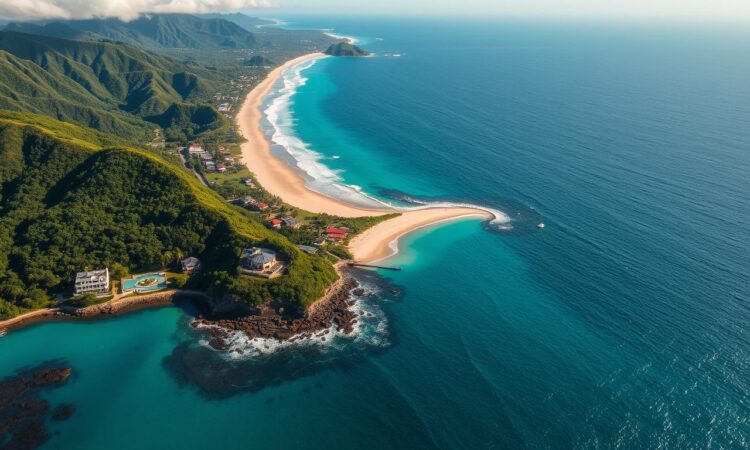
Why Costa Rica Became Latin America’s Top Destination for Foreign Millionaires
Global Wealth Migration Trends Favoring Costa Rica
Costa Rica’s Pacific coastline has become a magnet for wealthy investors seeking both natural beauty and financial advantages.
The global landscape of wealth migration is shifting dramatically. While the United Kingdom faces an exodus of 16,500 millionaires and traditional financial centers lose appeal, Costa Rica stands out as a rising star. This Central American nation is experiencing a wealth migration boom that outpaces even its neighbor Panama, which expects to attract 300 wealthy individuals with combined assets of $2.6 billion.
What makes this trend particularly noteworthy is that Costa Rica and Panama are the only Latin American countries gaining millionaires. Meanwhile, regional economic powers face significant outflows: Brazil (-1,200), Mexico (-150), Colombia (-150), and Argentina (-100) are all experiencing a wealth drain as their affluent citizens seek more stable environments.
According to Juerg Steffen, CEO of Henley & Partners, this shift reflects “a deepening perception among the wealthy that greater opportunity, freedom, and stability lie elsewhere.” The record 142,000 millionaires relocating globally in 2025 signals a fundamental reassessment of where wealth can be best preserved and grown.
Costa Rica leads Latin America in attracting foreign millionaires while neighboring countries experience significant outflows.
Tax Advantages Driving Foreign Millionaires to Costa Rica
One of the primary factors attracting foreign millionaires to Costa Rica is its favorable tax environment. Unlike many high-tax jurisdictions in Europe and North America, Costa Rica offers significant advantages for wealth preservation and growth.

Territorial Tax System Benefits
Costa Rica operates on a territorial tax system, meaning residents are only taxed on income generated within the country. Foreign-source income—including investments, dividends, capital gains, and pensions earned outside Costa Rica—remains untaxed. For wealthy individuals with diverse international income streams, this creates an immediate and substantial tax advantage.
Additionally, Costa Rica imposes no inheritance or wealth taxes, allowing for efficient generational wealth transfer. This contrasts sharply with the United Kingdom, United States, and many European nations where estate taxes can claim significant portions of inherited wealth.
“Costa Rica’s zero inheritance tax and territorial taxation system create an immediate financial advantage for high-net-worth individuals relocating from high-tax jurisdictions.”
| Tax Category | Costa Rica | United States | United Kingdom |
| Foreign Income | Not taxed | Fully taxed | Fully taxed* |
| Inheritance Tax | None | Up to 40% | Up to 40% |
| Capital Gains | 15% (domestic only) | Up to 20% | Up to 20% |
| Wealth Tax | None | None | None |
*Non-dom status may provide exceptions under certain conditions
Political Stability and Security Attracting Wealthy Foreigners
Costa Rica’s democratic institutions and political stability provide security for foreign investors and residents.
Costa Rica’s exceptional political stability stands in stark contrast to much of Latin America. Having abolished its military in 1949, the country redirected defense spending toward education and healthcare, creating one of the region’s strongest social systems. This long-standing democratic tradition has fostered institutional strength that wealthy foreigners find reassuring.
Safety and Security Advantages
While neighboring countries struggle with security challenges, Costa Rica maintains relatively low crime rates in areas popular with expatriates and investors. The government has invested in specialized tourist police units and security infrastructure in key development zones, particularly in Guanacaste province where many luxury developments are located.
This safety profile is particularly attractive to foreign millionaires who prioritize personal security and asset protection when choosing a destination for relocation or investment.
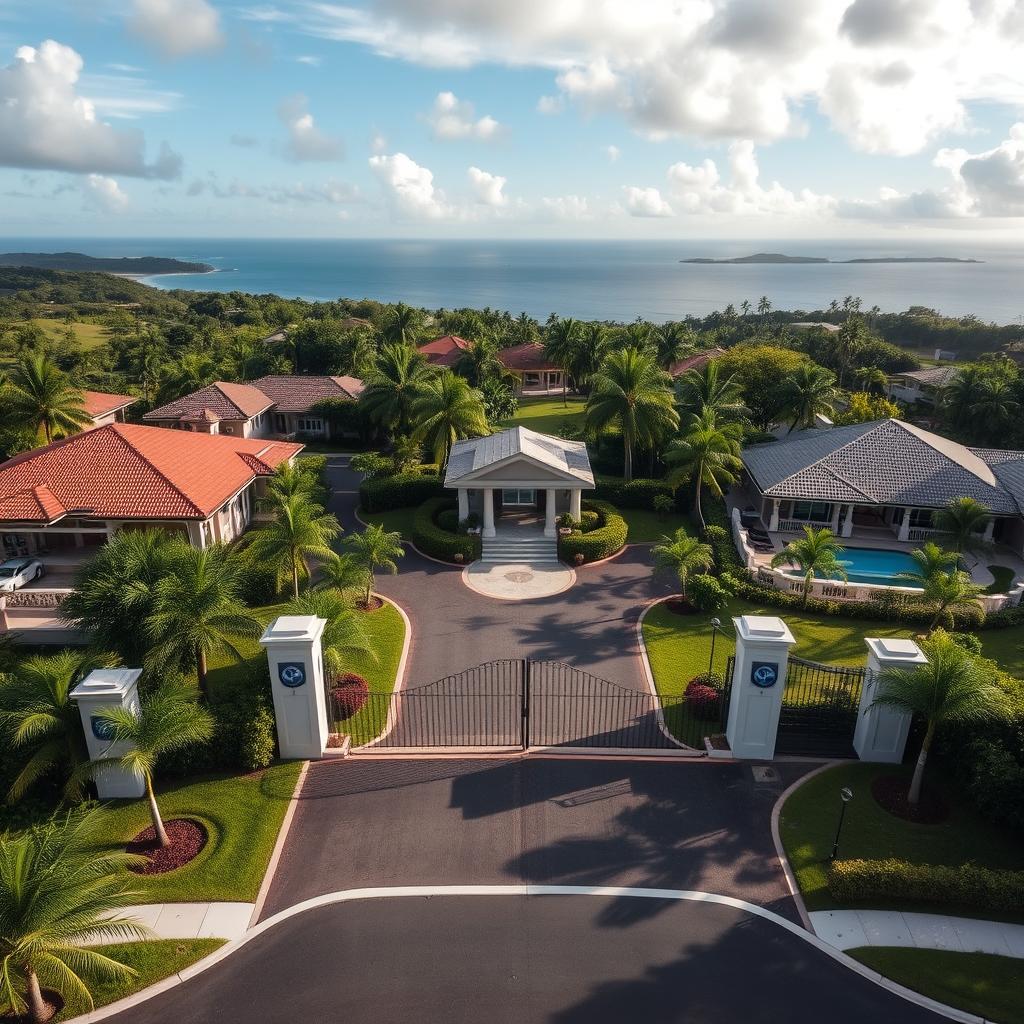
Costa Rica’s Stability Advantages
- Longest-standing democracy in Central America
- No military since 1949
- Strong independent judiciary
- Stable banking system
- Low political violence risk
- Strong property rights protection
Regional Challenges Elsewhere
- Political instability in neighboring countries
- Currency volatility in Argentina and Brazil
- Security concerns in Mexico and Colombia
- Unpredictable regulatory changes
- Weaker property rights enforcement
- Higher expropriation risks
Bloomberg’s analysis of Costa Rica’s millionaire migration trend highlights the country’s institutional strength as a key factor. The perception of solid governance, respect for property rights, and judicial independence creates confidence among wealthy investors looking for long-term security.
Millionaire-Friendly Residency Programs

Costa Rica offers streamlined residency pathways for investors and retirees with substantial assets.
Costa Rica has developed several residency programs that particularly appeal to high-net-worth individuals. These pathways offer straightforward routes to legal residency and eventual citizenship, without the high costs associated with some Caribbean or European investment migration programs.
Investor Residency Program
The Investor Residency Program requires a minimum investment of $150,000 in a Costa Rican business, real estate, or government-approved project. This threshold is significantly lower than many competing programs globally while still providing full residency benefits. The process typically takes 3-6 months, with permanent residency possible after three years.
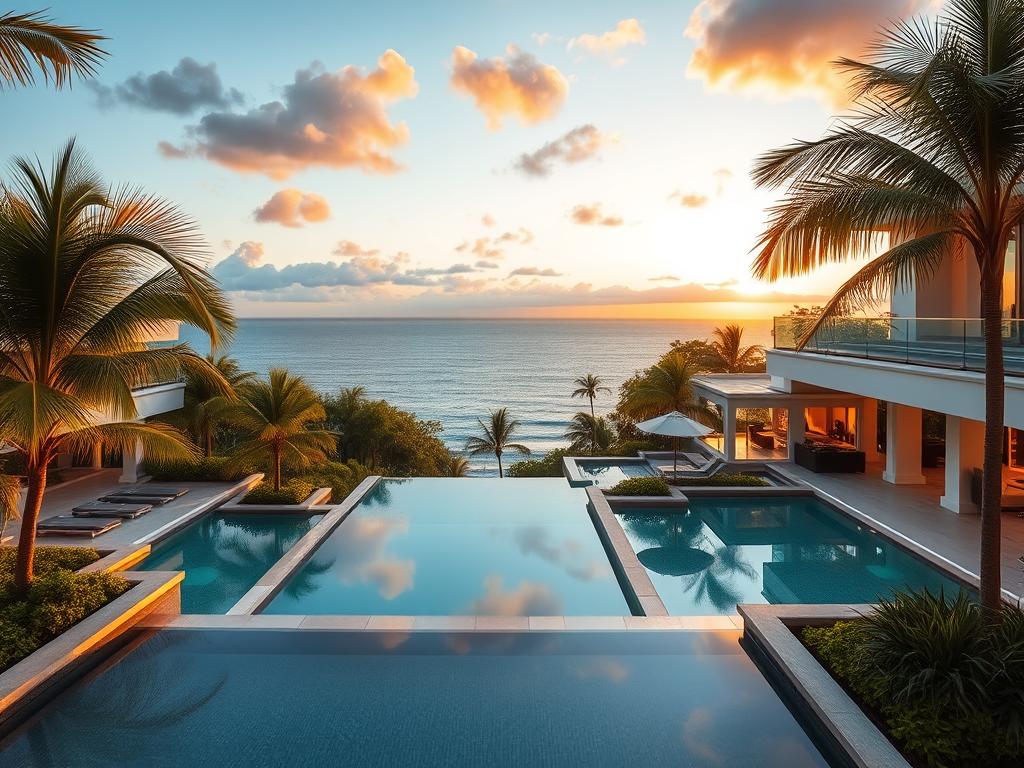
Real estate investments of $150,000+ qualify foreign millionaires for Costa Rica’s Investor Residency Program.
Rentista Program
For those with substantial passive income, the Rentista program offers residency to individuals who can demonstrate a monthly income of at least $2,500 for two years. This pathway is popular among entrepreneurs, remote workers, and early retirees who maintain income sources outside Costa Rica.
Pensionado (Retiree) Program
The Pensionado program caters to retirees with guaranteed monthly income of at least $1,000 from pensions or retirement accounts. This program includes various benefits and discounts on healthcare, hotels, and other services, making it particularly attractive for wealthy retirees seeking both tax advantages and quality of life.
How long does it take to obtain Costa Rican residency through investment?
The Investor Residency Program typically takes 3-6 months for initial approval, with permanent residency possible after maintaining your investment for three years. Working with experienced legal counsel can streamline the process and avoid common delays.
Can foreign millionaires eventually obtain Costa Rican citizenship?
Yes, after holding permanent residency for 7 years (or 3 years if married to a Costa Rican citizen), foreign residents can apply for naturalization. Costa Rica also permits dual citizenship, allowing investors to maintain their original nationality while gaining a Costa Rican passport.
Luxury Real Estate Market Catering to Foreign Millionaires
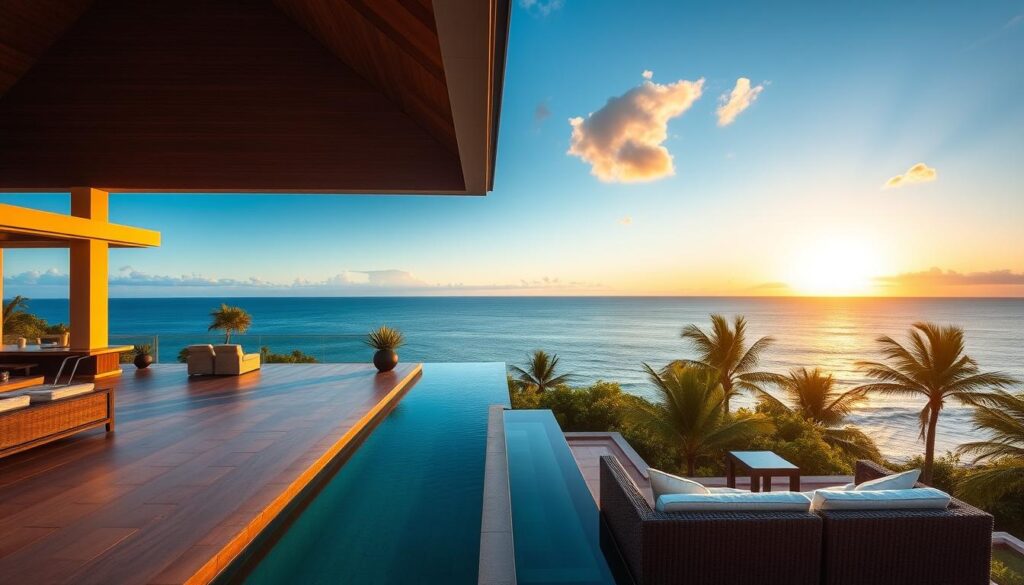
Costa Rica’s luxury real estate market has matured to meet international standards expected by foreign millionaires.
Costa Rica’s luxury real estate market has evolved dramatically to meet the expectations of foreign millionaires. The northwestern Guanacaste province, often called the “Gold Coast,” has emerged as a billionaire playground with properties ranging from $500,000 condos to $10+ million estates.
Prime Locations for Wealthy Investors
- Peninsula Papagayo – Ultra-luxury gated community with Four Seasons and soon-to-open Waldorf Astoria
- Playa Flamingo – Upscale beach town with new $12.7 million marina development
- Tamarindo – Vibrant beach community with luxury condos and international amenities
- Santa Teresa – Bohemian luxury destination popular with celebrity investors
- Escazú – Upscale San José suburb with luxury condos and international schools
The development of international-standard amenities has been crucial in attracting wealthy foreigners. Five-star hotels like Four Seasons, JW Marriott, and Ritz-Carlton have established a luxury ecosystem that includes high-end restaurants, golf courses, marinas, and wellness facilities.
World-class amenities like championship golf courses and private marinas cater to wealthy foreign residents.
“What we’re seeing in Costa Rica mirrors the ‘Cabo Phenomenon’ where initial celebrity and billionaire interest creates infrastructure that eventually attracts a broader affluent audience seeking luxury with authenticity.”
Lifestyle Benefits Attracting Foreign Millionaires to Costa Rica
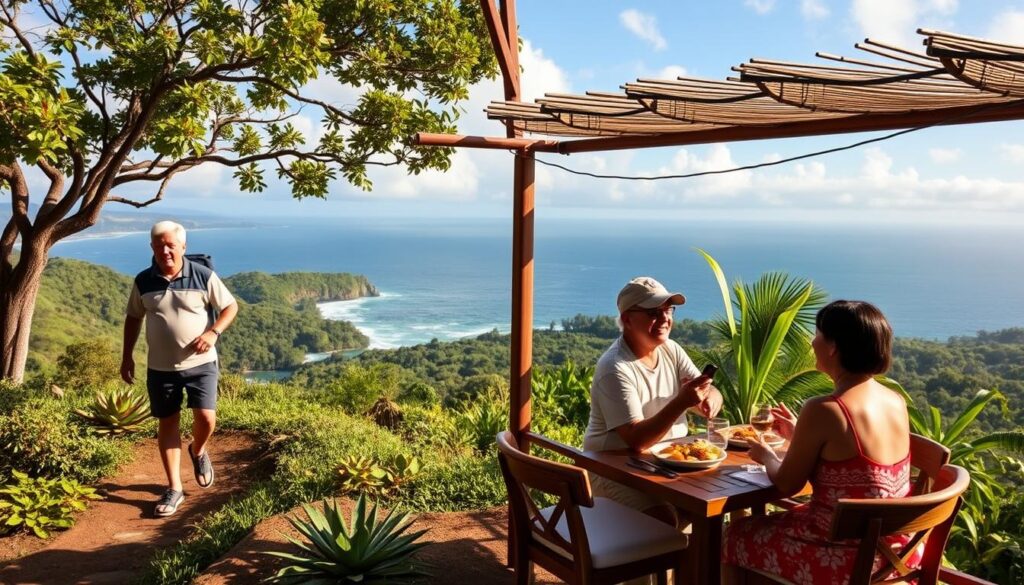
Costa Rica’s “Blue Zone” lifestyle offers health and longevity benefits that appeal to wealthy foreigners.
Beyond financial and political advantages, Costa Rica offers lifestyle benefits that particularly resonate with wealthy foreigners. The country’s northwestern Nicoya Peninsula is one of only five “Blue Zones” globally—regions where people live exceptionally long, healthy lives.
Health and Wellness Advantages
Costa Rica’s healthcare system ranks higher than the United States in World Health Organization assessments, offering both excellent public healthcare and private options at a fraction of North American costs. The country’s life expectancy of 79.28 years exceeds that of the United States, reflecting the quality of care and healthy lifestyle.
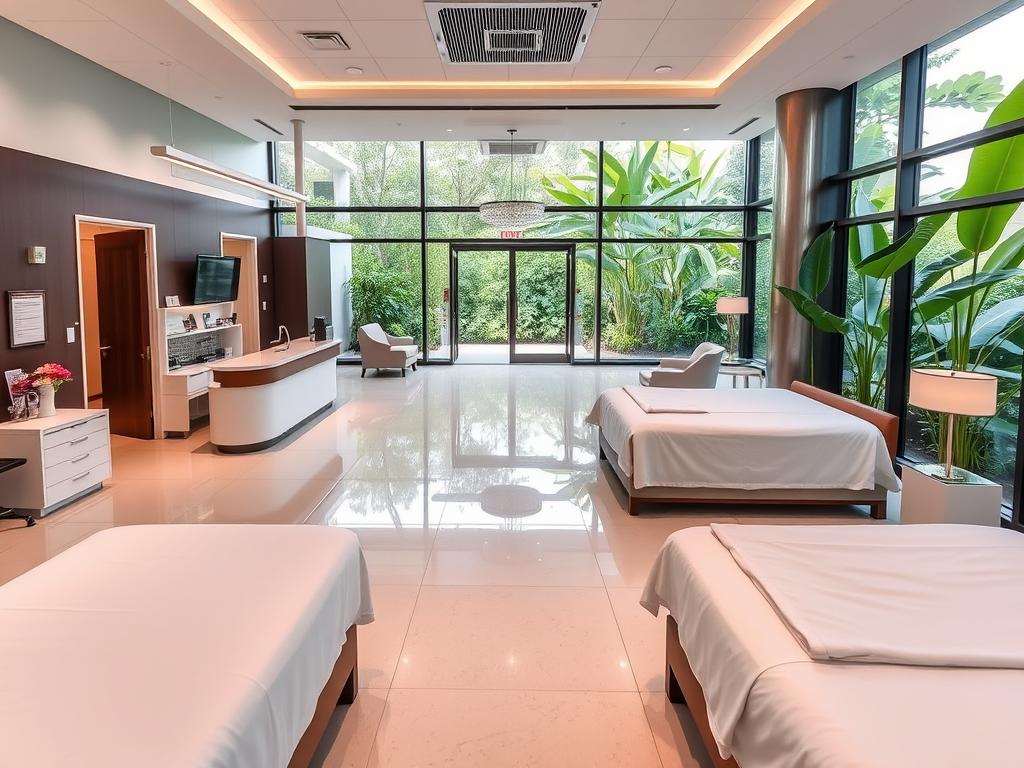
Private healthcare facilities in Costa Rica offer world-class care at a fraction of U.S. costs.
Environmental Quality and Natural Beauty
With approximately 25% of its territory protected as national parks or reserves, Costa Rica offers unparalleled access to pristine nature. The country’s commitment to environmental preservation ensures clean air, water, and abundant biodiversity—increasingly valuable assets for wealthy individuals seeking escape from pollution and urban congestion.
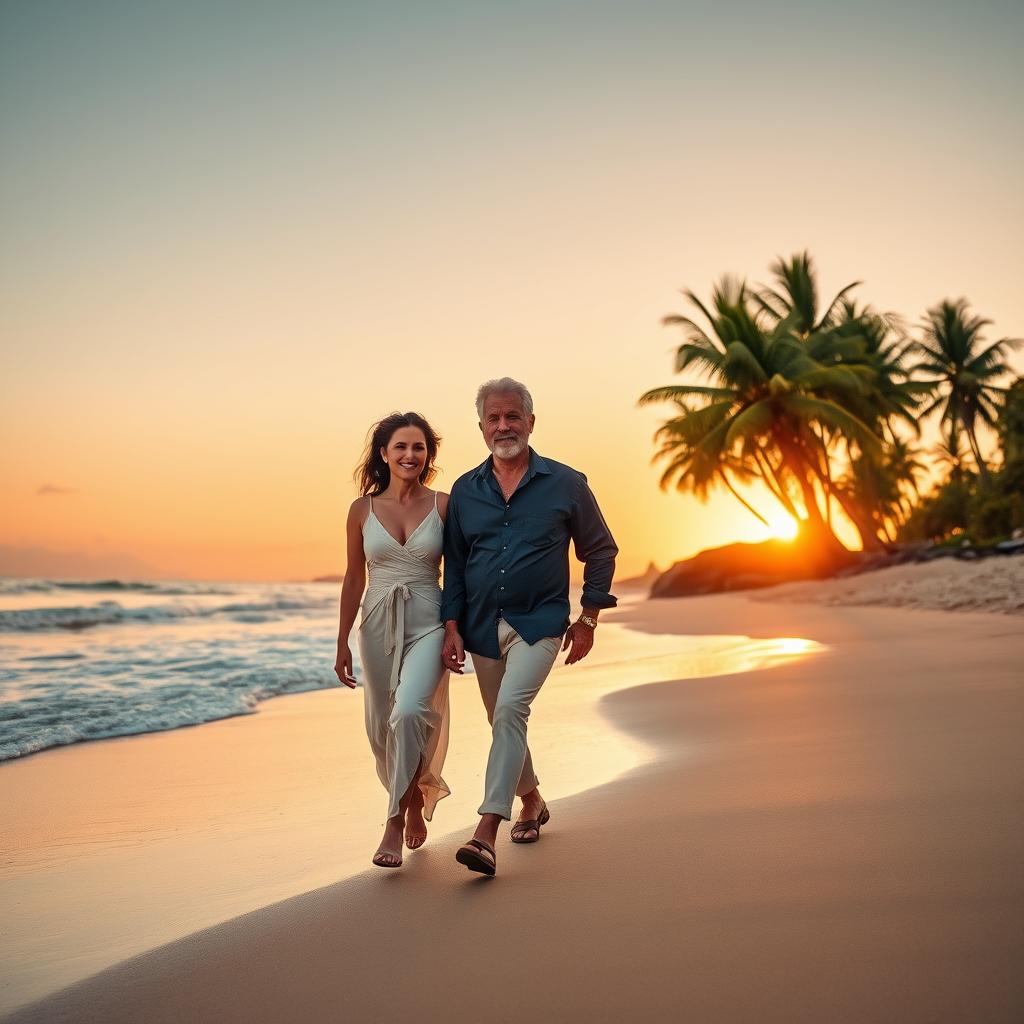
The “Pura Vida” Lifestyle
Costa Rica’s famous “pura vida” (pure life) philosophy emphasizes simplicity, well-being, and appreciation for life’s pleasures. For many wealthy foreigners accustomed to high-pressure environments, this cultural mindset offers a refreshing alternative that promotes mental health and life satisfaction.
The combination of natural beauty, outdoor recreation opportunities, and relaxed pace creates an environment where wealth can be enjoyed rather than merely accumulated—a compelling proposition for millionaires seeking meaning beyond financial success.
How Costa Rica Compares to Other Latin American Destinations
Costa Rica
- Highest millionaire attraction rate in Latin America (+350)
- Territorial tax system exempts foreign income
- No military since 1949; strong democratic tradition
- Top-rated healthcare system
- 25% of the territory is environmentally protected
- Straightforward residency pathways
- Stable currency (USD widely accepted)
Panama
- Second-highest millionaire attraction (+300)
- Territorial tax system similar to Costa Rica
- A dollarized economy provides currency stability
- Friendly Nations Visa program
- Strong banking sector with privacy
- Strategic location with Canal access
- Less environmental protection than Costa Rica
Mexico
- Losing millionaires (-150)
- Security concerns in many regions
- Political uncertainty under the current administration
- Worldwide taxation for residents
- Currency volatility risks
- Restrictions on foreign property ownership
- Complex bureaucratic processes
While Panama offers similar tax advantages and has attracted 300 millionaires, Costa Rica’s combination of environmental quality, political stability, and lifestyle benefits gives it a competitive edge. Mexico, despite its popularity with North American retirees, is experiencing a net outflow of wealthy residents due to security concerns and political uncertainty.
Costa Rica outperforms regional competitors across key factors important to wealthy migrants.
Challenges and Considerations for Foreign Millionaires
Despite its many advantages, Costa Rica presents certain challenges that wealthy foreigners should consider before relocation or investment. Understanding these factors is essential for realistic expectations and successful integration.
Infrastructure Limitations
While significantly improved in recent years, Costa Rica’s infrastructure still lags behind North American and European standards in some areas. Road quality varies considerably outside major tourist zones, and internet connectivity can be inconsistent in remote areas. However, luxury developments typically address these issues with private infrastructure.
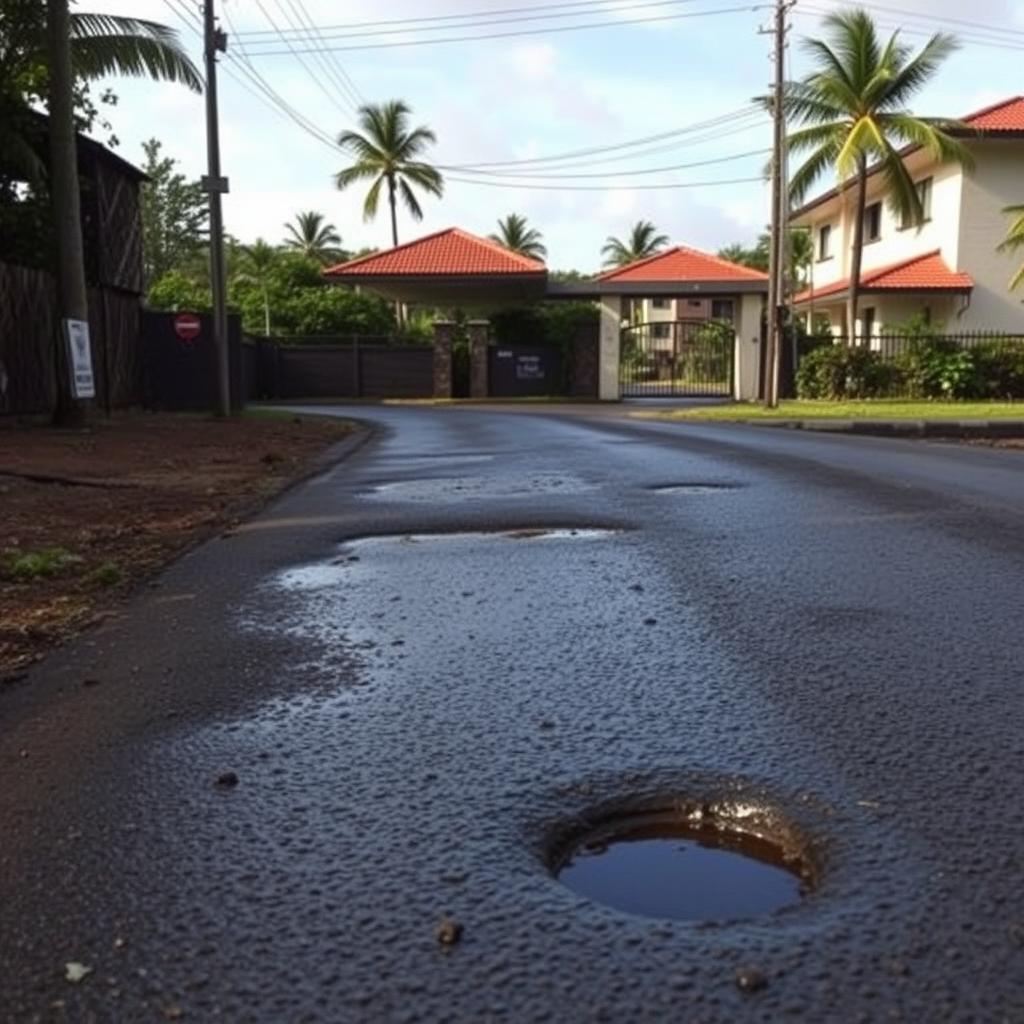
Bureaucratic Processes
Government processes in Costa Rica can move slowly compared to more developed nations. Residency applications, business permits, and construction approvals often take longer than expected. Wealthy foreigners typically mitigate this by hiring experienced local attorneys and consultants to navigate bureaucratic requirements.
Important Consideration: Costa Rica’s strict environmental regulations can significantly impact development timelines and costs. Projects near protected areas or coastlines require additional permits and environmental impact studies that may extend completion schedules.
Despite these challenges, the overall value proposition remains compelling for wealthy foreigners seeking tax efficiency, political stability, and quality of life. The growing community of international residents has created support networks and service providers specifically catering to expatriate needs.
The Future of Foreign Millionaire Migration to Costa Rica
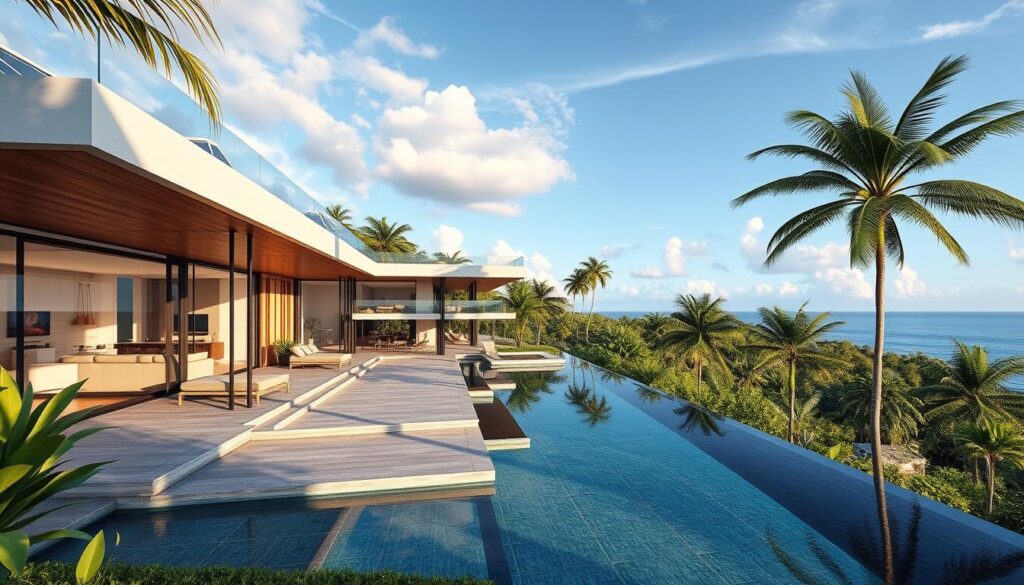
Future developments are increasingly focused on sustainable luxury to meet the evolving demands of wealthy foreign residents.
The trend of foreign millionaires relocating to Costa Rica shows no signs of slowing. As global uncertainty increases and traditional wealth centers face political and economic challenges, Costa Rica’s stability, tax advantages, and quality of life will likely become even more attractive.
Henley & Partners projects continued growth in wealth migration to Costa Rica through 2025 and beyond, potentially accelerating as word spreads about the country’s advantages. This influx of wealthy residents and their capital will further develop the luxury ecosystem, creating additional opportunities for early investors.
For those considering joining this migration of wealth to Costa Rica, the combination of financial advantages and lifestyle benefits creates a compelling case. As one recent transplant from the United Kingdom told Bloomberg: “I came for the tax benefits but stayed for the quality of life. The financial advantages opened the door, but the lifestyle is what makes it home.”
Click here to get started: https://gapinvestments.com/en/apply-here/
Article by Glenn Tellier (Founder of CRIE and Grupo Gap)
